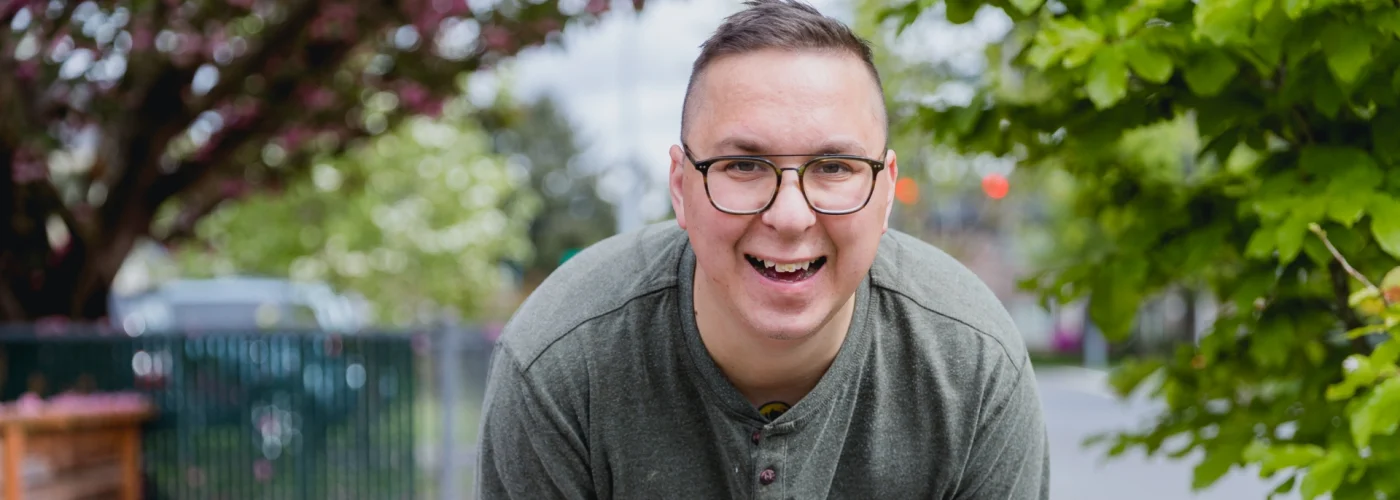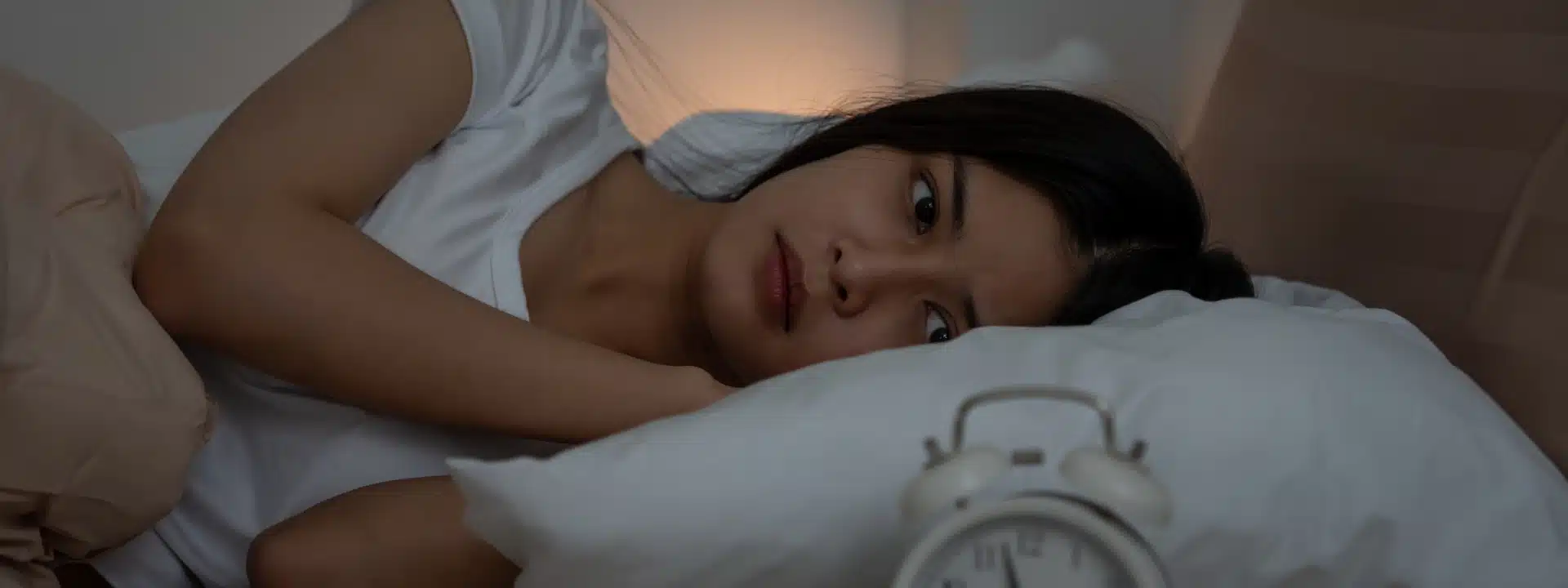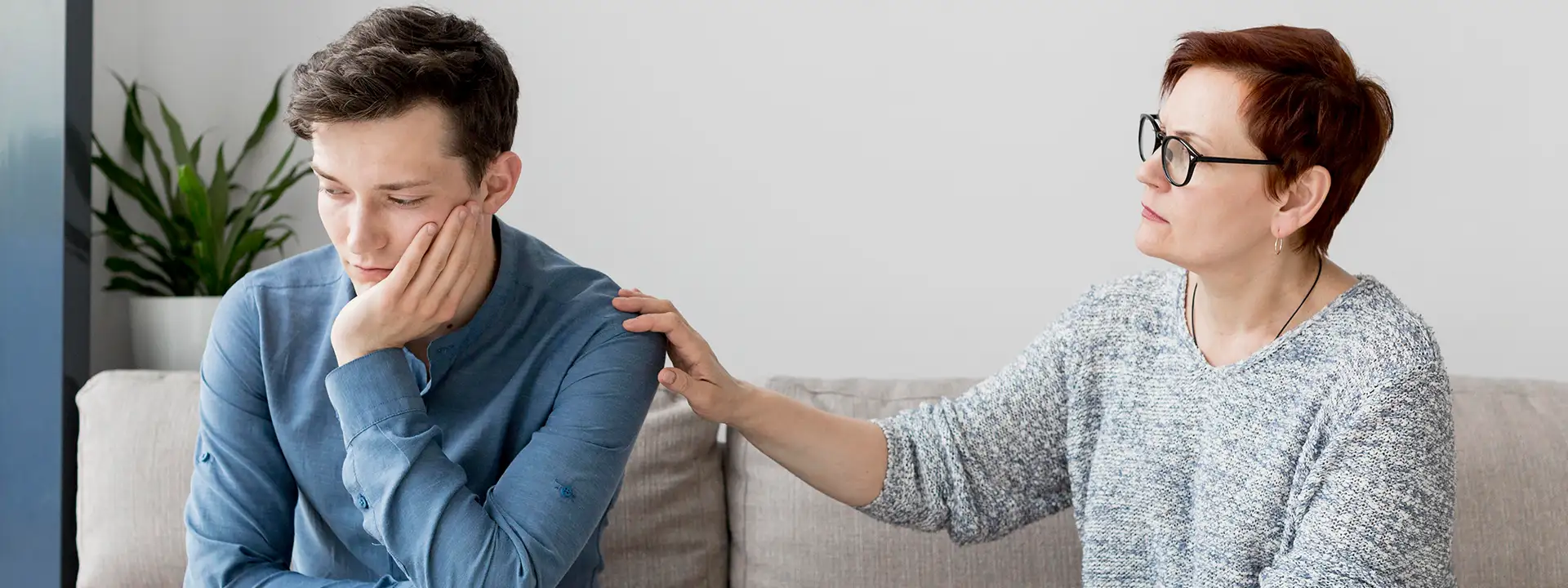I was lying in bed. I was scrolling through TikTok like always. One video popped up and grabbed me. A person asked, “How do I know if I have autism as an adult?”
I stared. That person was talking about things I do all the time. I don’t like loud places. I don’t get small talk. I like rules. I like patterns. My body froze.
Could this be me? Have I had autism and never known? Did I just get good at hiding it? I had so many questions. Do you?
How Is Autism Different in Adults Than in Children?
Many adults ask this question. They want to know how autism looks in grown-ups. It’s not the same as in kids.
Kids may flap their hands or have loud meltdowns. Adults don’t always do that. Adults learn to hide things. That’s called masking. Adults copy others to fit in. But it gets very tiring.
Adults may still hate loud noises or bright lights. They may still need routines. They just hide it better. That’s why it’s hard to spot.
A peer-reviewed study by Scheeren et al. (2025) shows this. It looked at adults in real-life settings. Adults who masked (or wore masks) felt more stress.
How Do Adults with Autism Usually Behave Socially?
Social things are hard. Adults with autism may feel out of place. They may not enjoy group chats or parties.
Some people script what they say. Some copy others to look “normal.” Many like one-on-one talks. They may need quiet breaks after being around people.
It’s okay to be different. But it can feel lonely.
A SPARK study by McQuaid et al. (2025) found something important. Adults who mask a lot feel more sad and anxious. Hiding all the time is not good for mental health.
How Can I Test Myself for Autism as an Adult?
You can start with simple steps. There are free tests online. You can try the AQ test or RAADS-R.
You can also write down what makes you feel stressed. Do you hate loud sounds? Do you follow strong routines? Do you find social rules confusing?
Ask a close friend what they notice. Then talk to a professional.
Doctors use special interviews. They ask questions about your past and how you act now.
Copiaco et al. (2025) showed something new. They used eye tracking to find autism signs at home. This new tool is easy and low stress.
How Do Autistic Traits Show Up in Adult Relationships?
You may care deeply, but still struggle with love. You might speak very honestly. You might do things in the same way every day. That’s okay.
Some partners don’t get it. You may avoid hugs. You may miss signals. You might talk a lot about your favorite topic.
Talking about it helps. Therapy helps too. You can learn to share your needs kindly.
An integrative systematic review by Nel et al. (2025) found that adults often hide these traits in relationships. They try to look “normal.” But that makes it harder.
How Do Autistic Adults Mask Symptoms at Work?
Work is hard for autistic adults. They may look fine, but feel very tired. They hide their stimming. They copy others at meetings. They fake smiles.
They don’t want to seem “weird.” But hiding all day makes them crash later.
Workplaces should be kinder. People need quiet rooms. People need clear rules. They need breaks, too.
Scheeren et al. said masking at work raises stress. It hurts mental health. When workers feel safe, they do better. (Study link above).
How Do I Talk to a Doctor About Autism as an Adult?
Start with your question: “How do I know if I have autism as an adult?”
Tell them what you’ve been feeling. Write it down if you need to. Say, “I feel overwhelmed in social places.” Or, “I’ve always felt different.”
Ask for a full test. Ask for an autism specialist.
A systematic review by Attoe and Climie (2023) showed doctors miss autism. They often think it’s anxiety or ADHD.
It slows down the right help. Be clear and brave. You deserve answers.
How Can I Get an Autism Diagnosis as an Adult?
You can find help. You can use online search tools. You can ask clinics like Alter Behavioral Health.
Bring notes. Show your screening scores. Bring old school records. Ask the doctor to listen and explain.
After diagnosis, find people like you. Support groups help a lot.
The 2025 eye-gaze study (linked earlier) shows that new tools can make this process easier and faster.
Feeling Seen, Finally
You might now see your signs. You understand the question: “How do I know if I have autism as an adult?”
Now you know how it looks in grown-ups. You’ve learned how adults behave socially. You’ve seen how traits show up at work and in love.
You know what to ask the doctor. You know how to test. You now know there’s nothing wrong with you.
Alter Behavioral Health understands adult autism. We listen. We guide. And we don’t judge.
We help you stop hiding. We help you feel proud to be yourself. Ready to start? Let Alter Behavioral Health help you feel seen and understood.
FAQs
How do I know if I have autism as an adult?
Notice your social, sensory, and routine habits. If they cause stress, seek help.
How is autism different in adults than in children?
Adults often hide it better. Kids show clearer signs.
How do adults with autism usually behave socially?
They may feel tired after talking. They may avoid crowds.
How can I test myself for autism as an adult?
Try the AQ or RAADS-R test online. Keep notes.
How do autistic traits show up in adult relationships?
You may be honest, quiet, or miss social cues.
How do autistic adults mask symptoms at work?
They copy others and hide how they feel.
How do I talk to a doctor about autism as an adult?
Bring notes and examples. Ask for an autism test.
How can I get an autism diagnosis as an adult?
Find a trained doctor. Share your story and test scores.
Is masking harmful for autistic adults?
Yes. It causes stress and sadness. Hiding isn’t healthy.
Are there new tools to aid diagnosis at home?
Yes! AI tools now track eye movement for signs.



